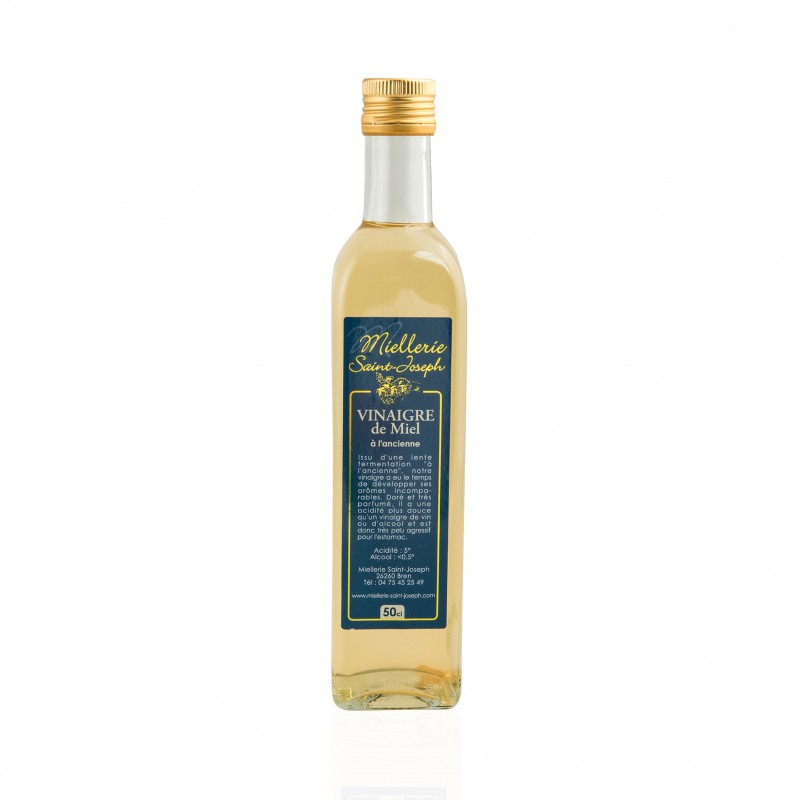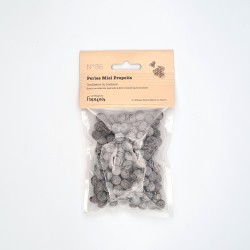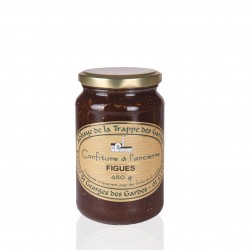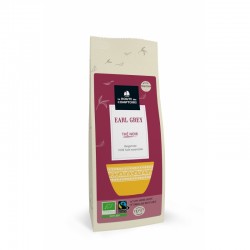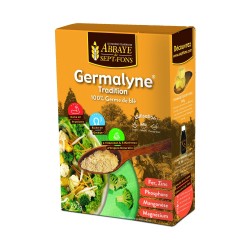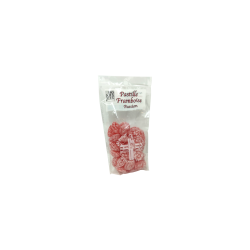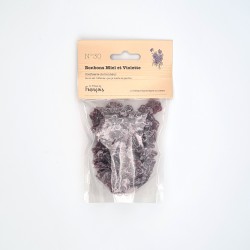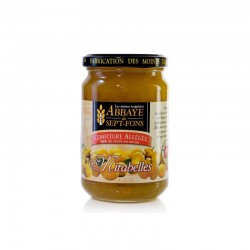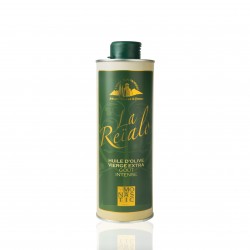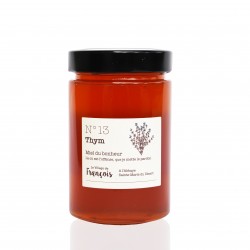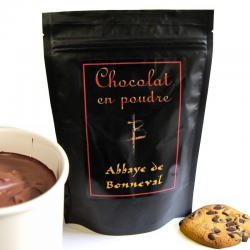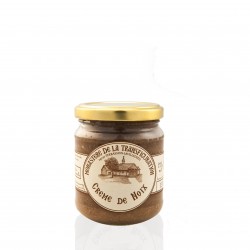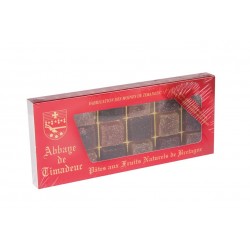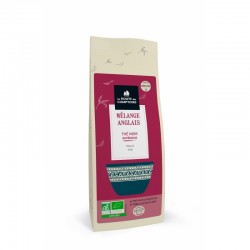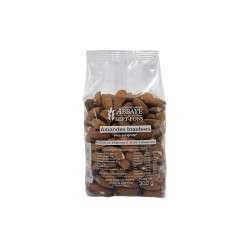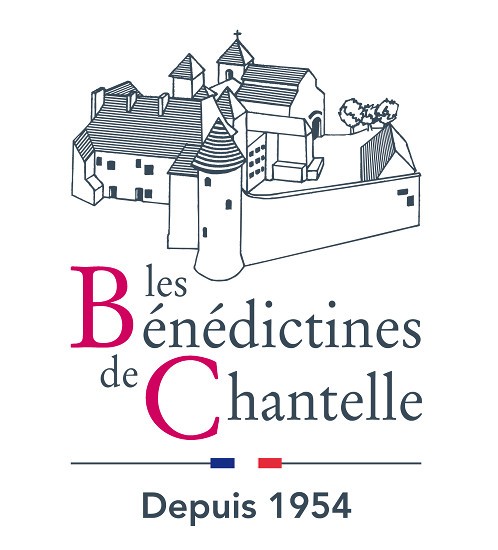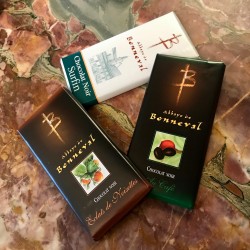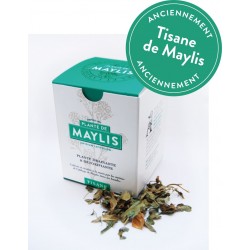Honey vinegar
Supplier: Honey farm from the hills - Saint Joseph
Capacity: 50 cl - Acidity: 5 °
Made in France
It is used in all the usual uses of vinegar, in sauces and dressings, in deglazing, in seasonings, etc ...
Thanks to a slow "old-fashioned" fermentation, this vinegar has had time to develop its incomparable aromas. Golden and very fragrant, it has a milder acidity than wine or alcohol vinegar and is therefore very mild on the stomach.
The quality of the honeys offered and used in this vinegar
The work of the bee is perfect, it is that of man who can spoil it. Therefore, all our attention is focused on respecting the qualities of our honeys, and this at all stages of their development. This is a quality charter concerning good beekeeping practices. In addition, we are attentive to the concepts of sustainable beekeeping, which consists in ensuring that our beekeeping practices can be registered over time. To put it simply, we reject "kleenex" practices and always act in the sense of autonomy.
Rigorous choice of transhumance sites:
distance from urban centers or road communication axes, knowledge of the agro-botanical environment (meeting with farmers to learn about agricultural practices on cultivated plants, in particular concerning the use of pesticides), predilection for wild and forest areas or not cultivated (80% of our honeys)
Treatment of bee diseases:
No use of synthetic treatment products at the colony level during the honey production period, preferential use of essential oils (thymol) for the prophylaxis of varroasis, no preventive or systematic antibiotic treatments.
